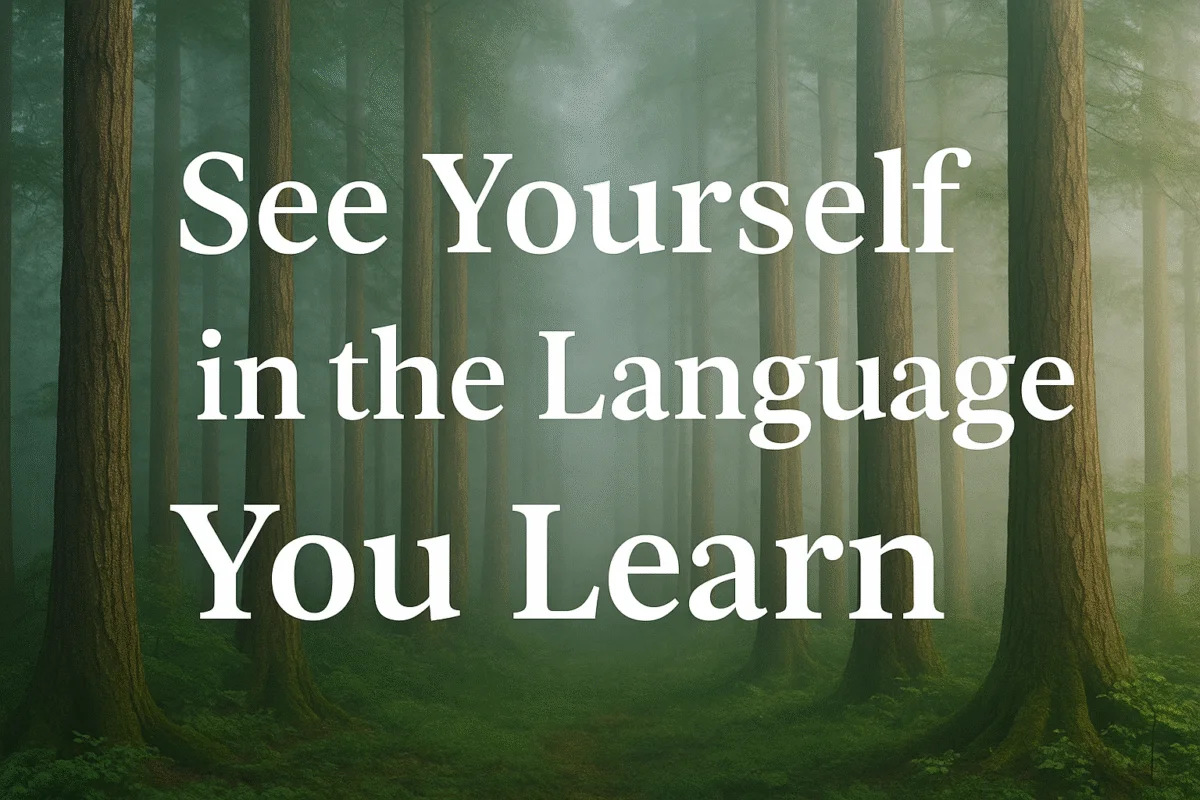当我们开始学习一门新的语言时,大多数人都希望记住单词、掌握语法,并最终能进行像样的对话。但真正深入学习过一门语言的人都知道:更深刻的东西会发生。一门新的语言不只是显示别人是如何说话的,它还显示了 你如何思考、感受、回避、反应、联系或保持沉默.语言不仅仅是一种技能。它是一面镜子。
语言反映什么
学习一门语言,就能发现自己身上一些原本可能被隐藏起来的东西。例如
- 你是直截了当地说话,还是用礼貌的间接方式软化一切?
- 你更喜欢描述事物还是表达情感?
- 你能用任何语言自信地说 "不 "吗?
这些不仅仅是语言能力。它们反映了你的个性、情感习惯、教养甚至文化信仰。语言并不创造这些能力,而是暴露这些能力。
"我想 "与 "我愿意"--自我认知课
举个简单的例子,比如 "我想要......"。在某些文化中,这是直接且可接受的。而在其他文化中,这被认为是粗鲁或咄咄逼人的。许多学生本能地喜欢说 "我想......",即使他们 做 想要什么--并不是因为这句话不对,而是因为说话者觉得自己的自信让人不舒服。
这不是语法问题。这是一个自我形象问题。
当学生在说 "我擅长这个 "或 "我感到自豪 "时犹豫不决时,我们就知道我们不只是在教词汇,而是在处理一个人的身份认同问题。
自我语法
每个句子都不仅仅是结构。它是一种反映。在语言课上,人们会发现他们
- 不知道如何谈论情感。
- 提出要求时感到内疚。
- 在赞美自己的过程中挣扎。
- 过度使用道歉--用各种语言。
这些不是翻译错误。这些都是人类的模式。当语言照亮它们时,改变就成为可能。
语言是自我之旅
当学生意识到说另一种语言不仅仅是为了交流,更是为了 反省一切都变了。
突然间,想说什么的挣扎与言语无关了。而是 准许 - 要清晰,要被看见,要占据空间。
这就是为什么学习一门语言绝不仅仅是知识性的。它是个人的。具有变革性。它让你
- 在新的节奏中聆听自己的声音。
- 认识到自己在回避什么。
- 面对自己的真相。
最后的思考
如果把语言当作工具,你就能学会说话。但如果你把语言当作 镜面您将学会理解 - 不仅是语言,还有 你自己.
作者专栏:Tymur Levitin - Levitin 语言学校的创始人、校长和资深教育家/Tymur Levitin 创办的语言学校
🔗 国际博客的见解: https://levitinlanguageschool.com/blog/





















